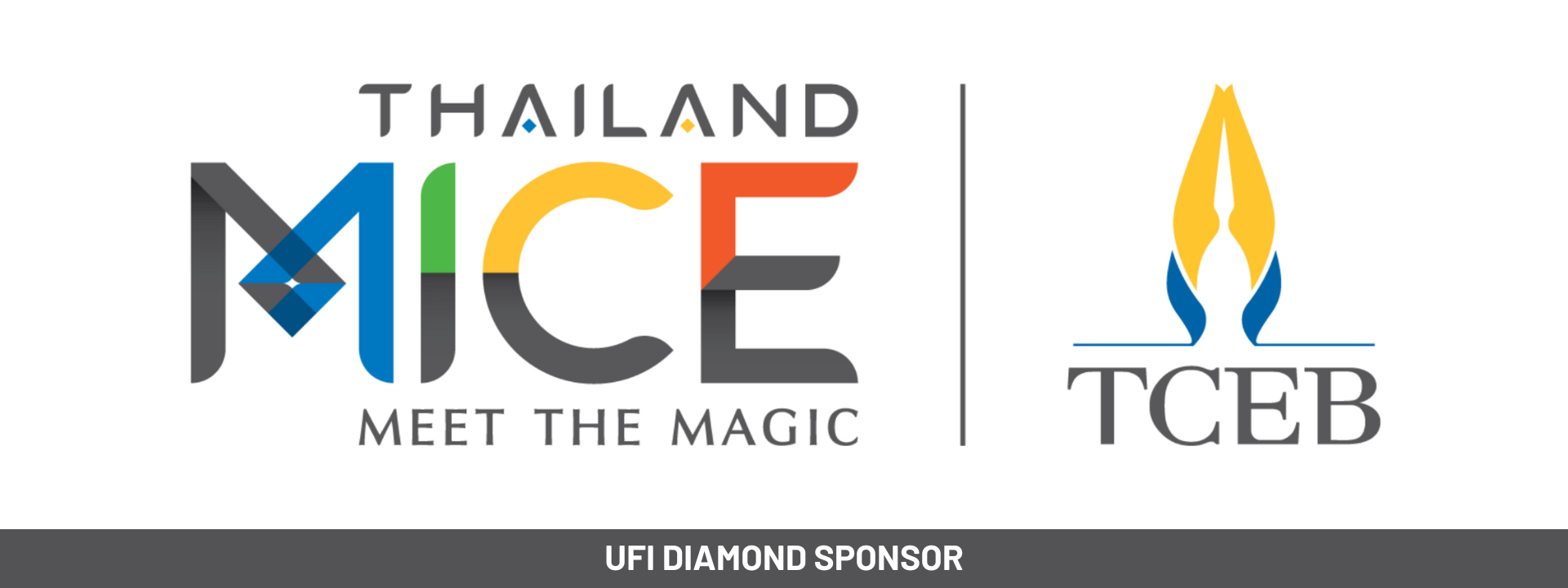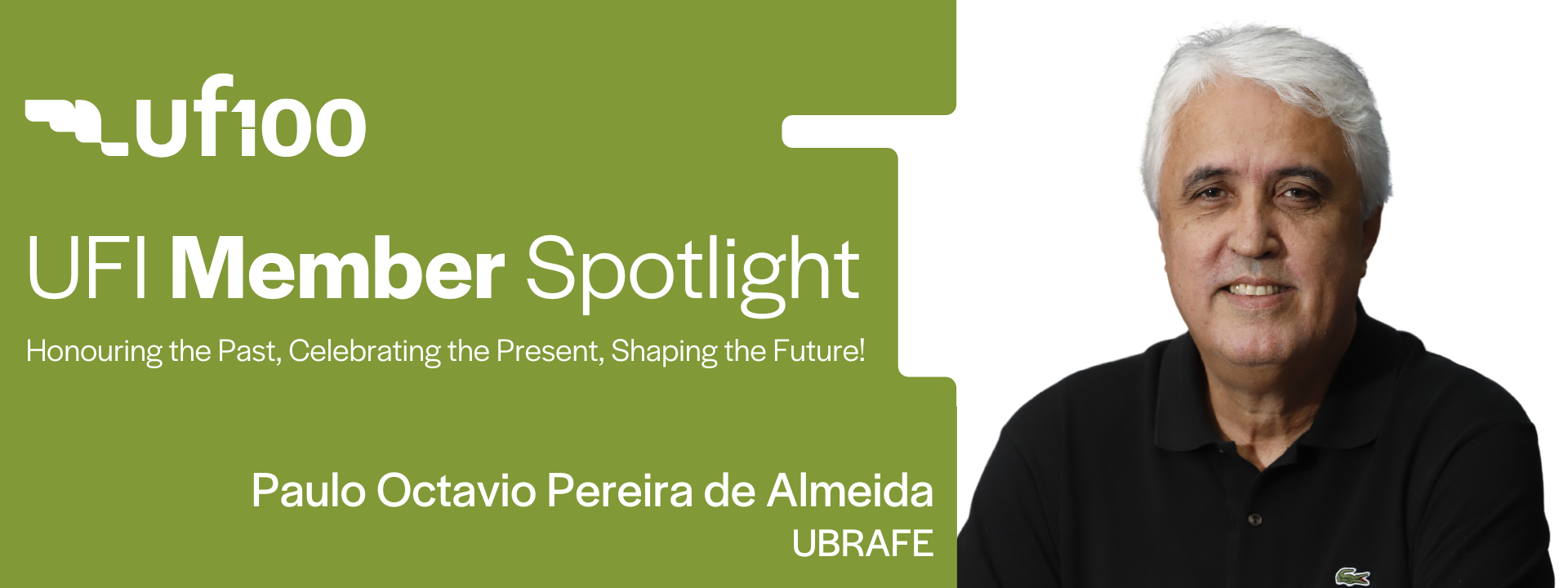Blogger: Barry Siskind, Author of Powerful Exhibit Marketing
It is a well-known truth that those who work in the exhibition industry often started their careers in other fields of endeavour. While the number of universities and colleges that offer courses in exhibition management has increased, it is often not the first choice for many. Is this necessarily a bad thing?
In a recent TED Talk, writer and artist Emilie Wapnick addressed one aspect of this conversation in her session titled. “Why some of us don’t have one calling.”
Her presentation began when she asked the audience this question, “When you were a child did anyone ask you what you wanted to be when you grow up?” Most of the audience raised their hands. The answers to the question ranged from Doctors, Lawyers and Engineers to Astronauts and Scientists. Notice no-one said they want to grow up and run an exhibition?
It is a common problem we face in our recruiting efforts. How do we find the right people?
Going back to childhood aspirations Wapnick argues she has noticed a common path; develop an interest in one thing, place all available energy into it, get bored, pursue something else. When this happens over and over you might expect to find people with no direction, focus or purpose and therefore a detrimental addition to the management team. Not so.
Such people, that Wapnick labels, “Multipotentialities,” have a unique set of strengths that when harnessed can become an asset. Three of these strengths are:
- Idea synthesis. Wapnick argues that because these people have experienced more than one field of interest they are often more innovative. Innovation happens when various fields intersect. It’s at this intersection that new ideas are generated.
- Rapid Learning. Human beings absorb information that fits their focus. But Multipotentialities, who are constantly exploring something new, are often at the beginning of their learning curve. What they learn over their lives is to shed the fear of trying new things.
- Adaptability
Because of their wide range of interests these people have the uncanny ability of adapting to many situations and people.
The exhibition industry is not run in a linear fashion. What works one day might not the next.
Click on this interesting TED Talk for new approach to your HR efforts.
At the 82nd UFI Congress to be held in Milan, November 4 – 7, UFI dedicates a panel discussion to HR, entitled: “winning the war for talent”. Visit www.ufi.org/milan2015 for more information on the upcoming UFI Congress. Follow news around the event on Twitter: #ufimilan







Thanks for raising this again, Barry. It’s such an important topic. The new UFI Managing Director, Kai Hattendorf, and I just met with the CEO of one of our industry’s largest companies and it remains front and centre on his agenda. And, interestingly, it’s not traditional exhibition industry skills he needs; it’s a wide variety of expertise that sometimes goes way outside what we normally would have considered. I wonder how well equipped the universities and colleges offering courses for events and exhibitions are to move as fast as they need to. I’m afraid I’m not all that optimistic about that and although I do remain very positive about the capacity of our leading companies to bring thinking to their hiring and talent development as entrepreneurial as that which they focus on their business development.
Caros Colegas Barry e Paul
Concordo plenamente com a colocação ,pois ninguém que trabalha no setor de feiras e eventos pensou algum dia em querer fazer o que faz hoje .
Precisamos organizar a parte educacional com experiencias em diversas áreas para complementar o conhecimento
parabéns pelas colocações.
E é isso que estamos tentando fazer em parceria com a Academia Brasileira de Eventos com intercâmbios internacionais
Conte conosco do Grupo Radar